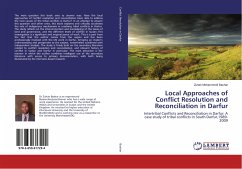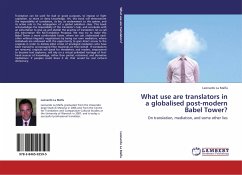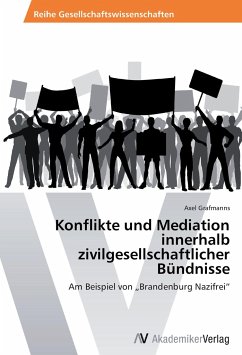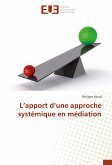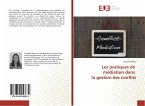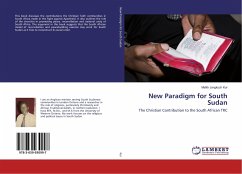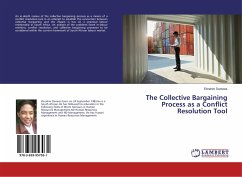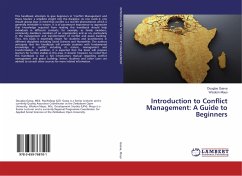The main question this book aims to answer was: Have the local approaches of conflict resolution and reconciliation been able to address the root causes of the tribal conflicts in Darfur? In an attempt to answer this question and other ones, this book explores and critically scrutinises the role of indigenous mechanisms in resolving tribal conflicts in Darfur. The study reflects on the interconnection and overlapping of the issues of land and governance, and the different levels of conflict in Sudan. This investigation is a significant and original peace of work. This is a part from the fact that the author comes from the region and has been professionally involved with the UN work in Darfur, bringing an insider's understanding and perspective to the subject, nevertheless combined with independent analysis. The study is firmly built on the secondary literature related to conflict resolution and reconciliation, and relevant history of conflict in Sudan and Darfur in particular. The most attractive is the manner in which the author combines intelligent use of the secondary literature with access to primary documentation, with both being illuminated by the interview-based research.

